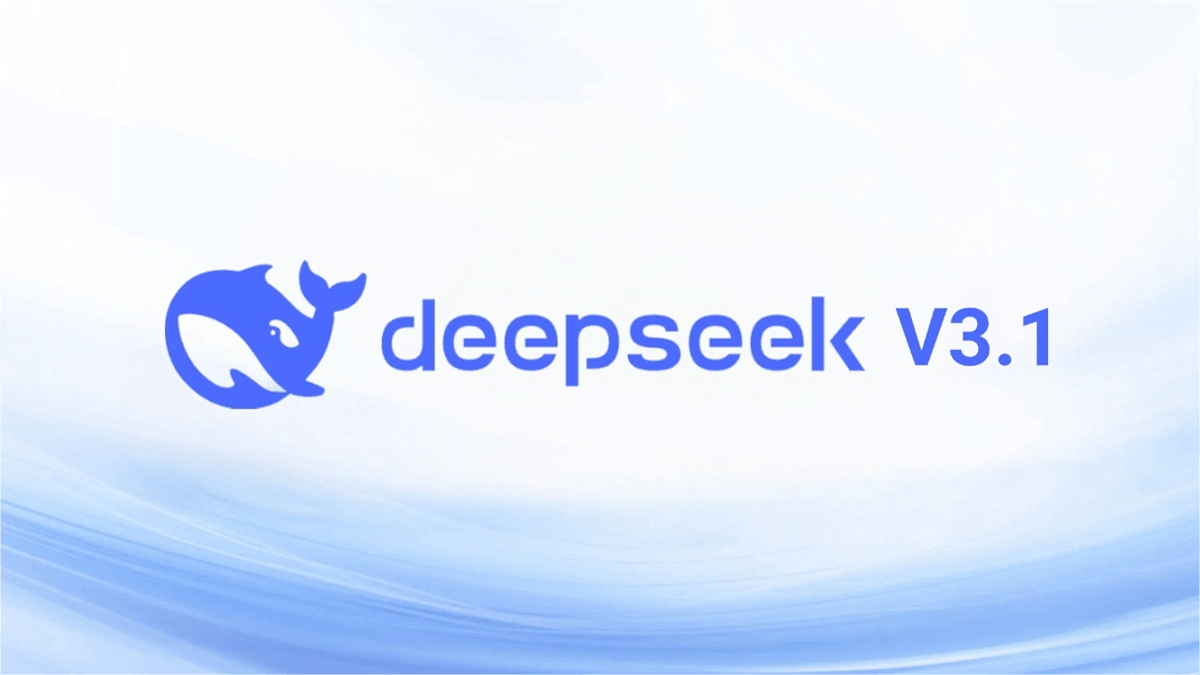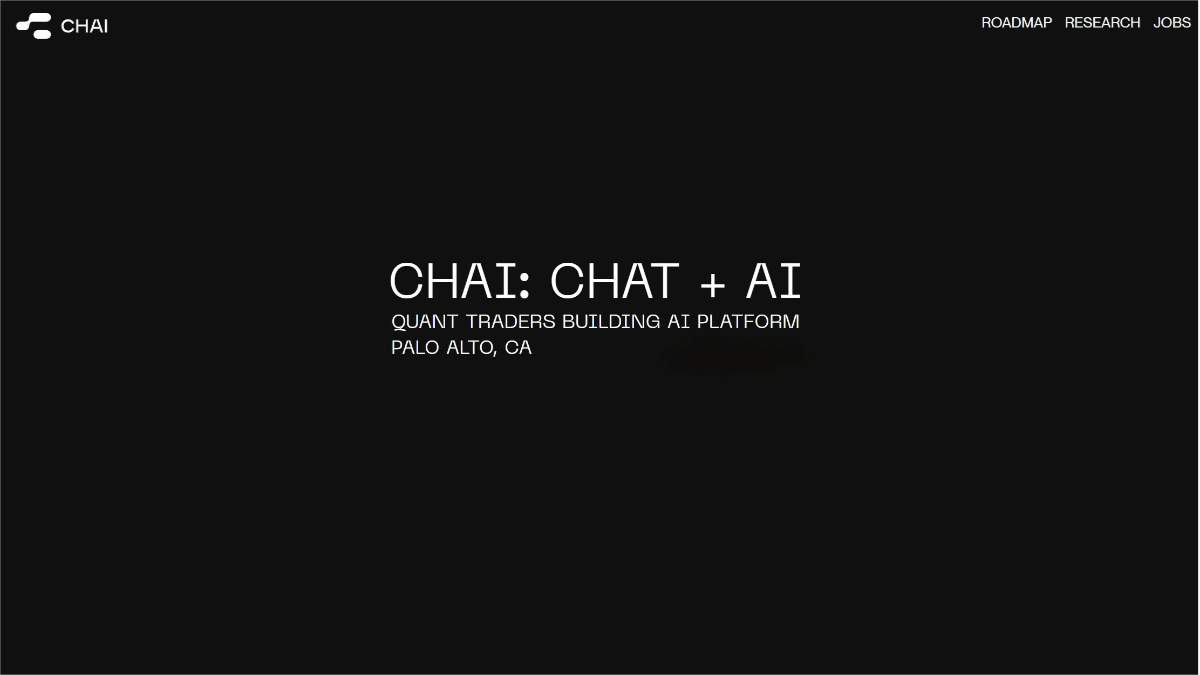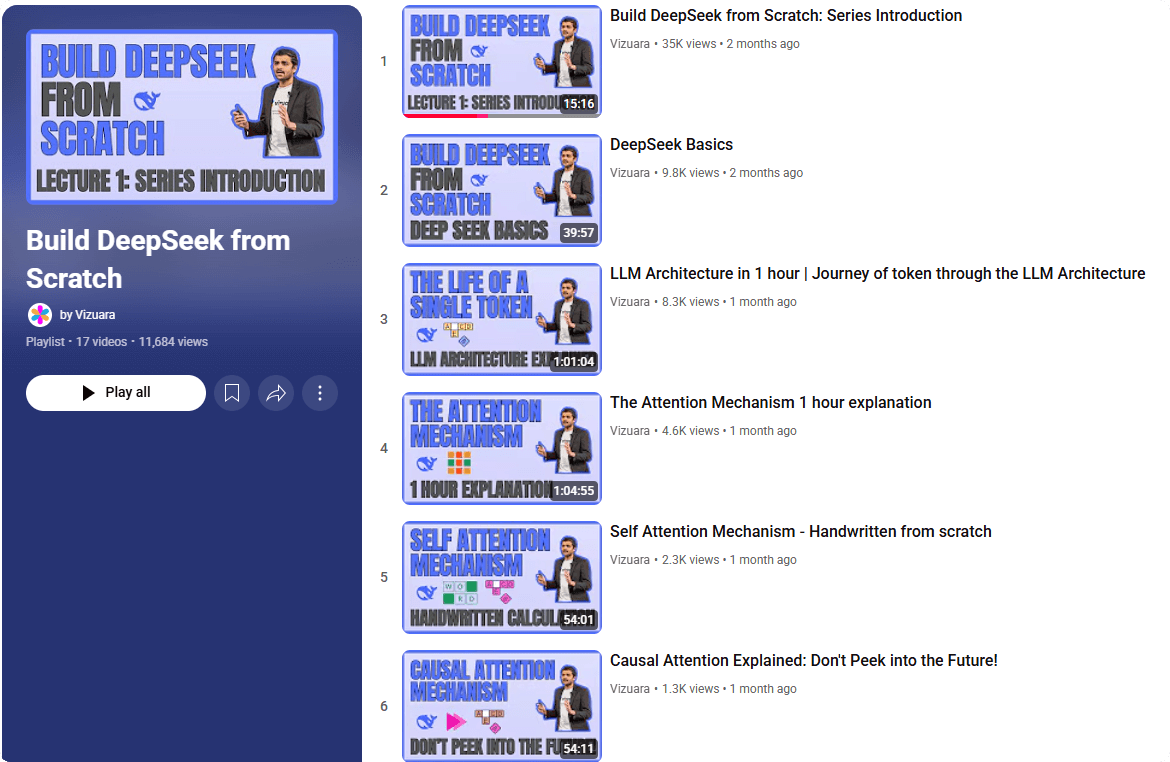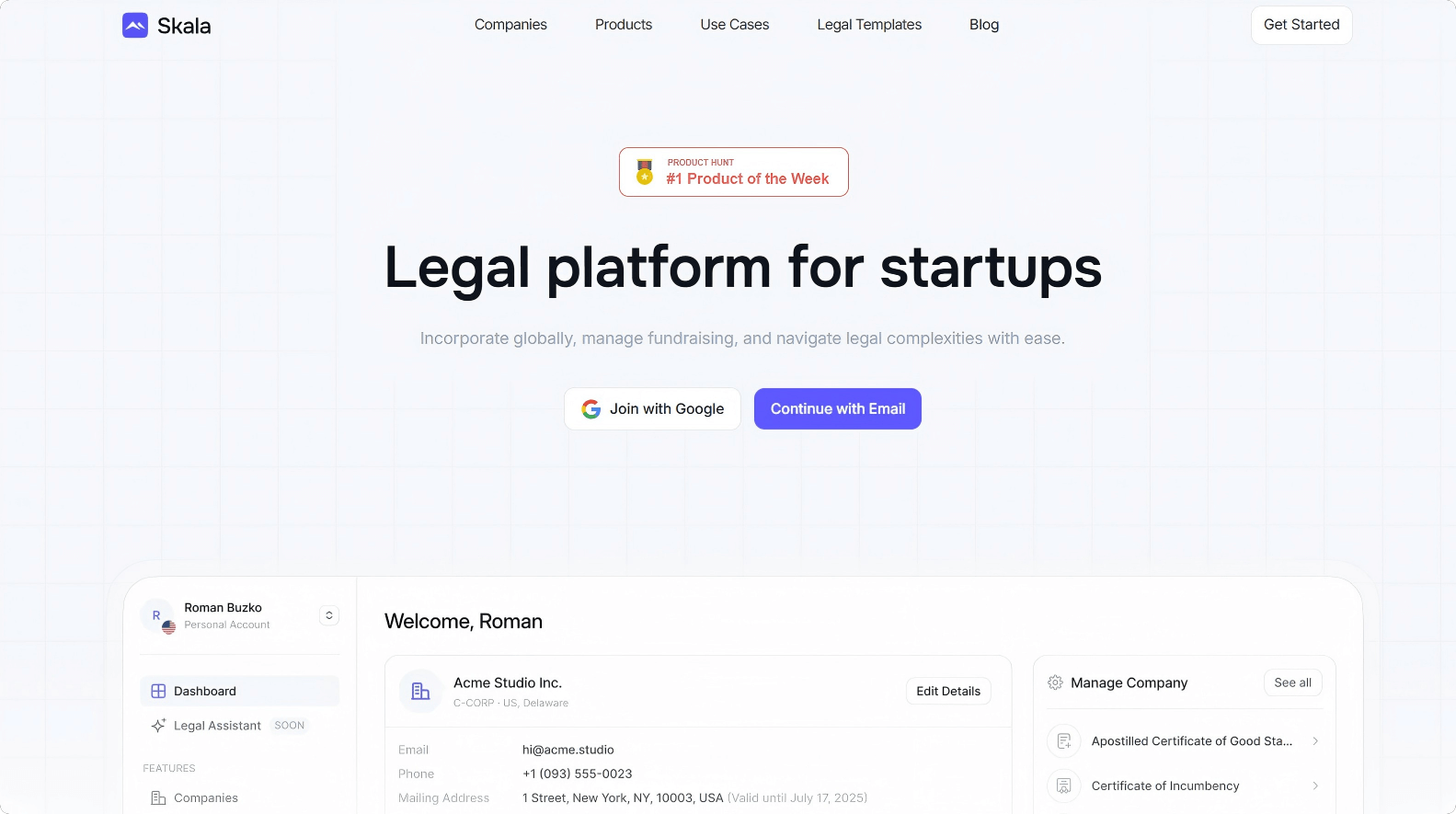What is Kosmos?
Kosmos is a new-generation AI scientist, upgraded from Robin, the automated research system developed by FutureHouse. Built on a structured world model, Kosmos can efficiently integrate massive amounts of information—each run can analyze 1,500 papers and execute 42,000 lines of code, far surpassing the processing scale of comparable systems. Kosmos can rapidly complete complex research tasks in fields such as neuroscience, materials science, and statistical genetics, achieving in a single day the equivalent of six months of human scientific work, with 79.4% of its conclusions deemed accurate and reliable. Kosmos also offers full auditability, ensuring transparent and traceable research.
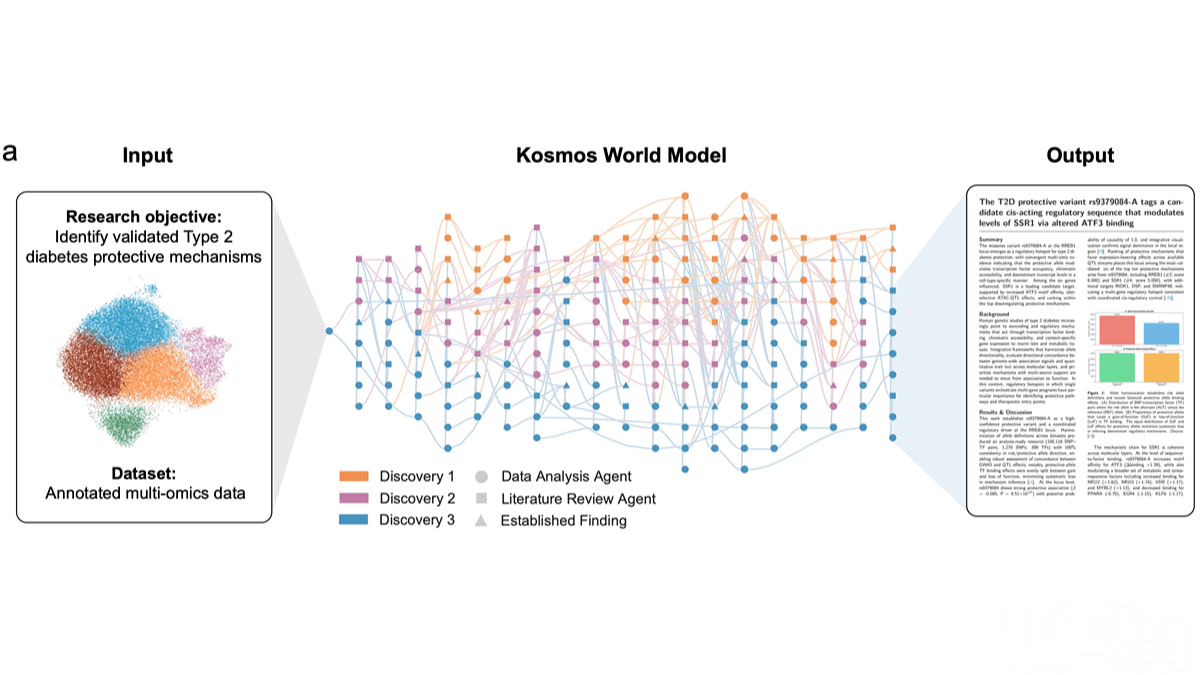
Main Features of Kosmos
Automated scientific discovery:
Independently performs the full workflow of scientific discovery—including literature search, data analysis, and hypothesis generation—without human intervention.
Efficient information integration:
Uses a structured world model to integrate massive amounts of information at tens of millions of tokens, ensuring consistency and coherence in scientific objectives.
Large-scale data analysis:
Processes up to 1,500 research papers and executes 42,000 lines of analytical code in a single run, far exceeding existing agent systems in scale.
Cross-disciplinary applicability:
Applicable to neuroscience, materials science, statistical genetics, cardiovascular medicine, and more—capable of reproducing existing findings and proposing new discoveries.
Full auditability:
Every conclusion is traceable to the exact piece of code or literature that informed it, ensuring a transparent and verifiable research workflow.
Accelerated scientific progress:
Completes in one day what would normally require six months of human research effort, significantly improving research productivity.
Novel methodological innovation:
Capable of independently developing new analytical methods—for example, proposing a new time-series analysis technique for Alzheimer’s disease research.
Support for scientists:
Provides high-quality data, hypothesis validation, and new research directions, generating fully traceable scientific reports that scientists can verify and build upon.
Technical Principles Behind Kosmos
Structured World Model:
Manages information sharing and task coordination across multiple agents, maintaining coherence in complex scientific tasks. With continuous updates, the world model enables efficient integration of diverse agent outputs and supports large-scale parallel processing and multi-step reasoning.
Multi-Agent System:
Composed of multiple specialized agents responsible for tasks such as data analysis, literature search, and hypothesis generation. Agents collaborate via the structured world model, enabling parallel execution and highly efficient workflow distribution.
Deep Language Models:
Powered by deep language models capable of understanding and generating natural language, used in literature analysis and scientific reasoning. Through contextual management, Kosmos maintains coherence during multi-step reasoning over complex scientific problems.
Efficient information integration and reasoning:
Integrates information from diverse sources—including experimental datasets and scientific literature—and performs multi-step reasoning to uncover patterns and relationships hidden in large-scale data.
Full traceability:
Every conclusion produced by Kosmos can be traced to specific code outputs or literature snippets. Scientific reports include citations for each claim, ensuring transparency and reproducibility.
Dynamic updates and iteration:
The world model is updated after each run based on results, gradually refining analytical methods and hypotheses. Through iterative processes, Kosmos improves the accuracy and reliability of its discoveries.
Scientist-in-the-loop:
Acts as an assistive tool for human scientists, offering high-quality insights and preliminary findings. Scientists evaluate and validate these findings, forming a high-efficiency feedback loop.
Project Links for Kosmos
-
Official Website: https://edisonscientific.com/articles/announcing-kosmos
-
arXiv Paper: https://arxiv.org/pdf/2511.02824
Application Scenarios of Kosmos
Neuroscience:
Reproduces findings on the role of nucleotide metabolism in cold-treated mouse brains and uncovers molecular mechanisms underlying neuronal vulnerability in Alzheimer’s disease.
Materials Science:
Identifies the decisive impact of absolute humidity during thermal annealing on the efficiency of perovskite solar cells, enabling materials optimization.
Statistical Genetics:
Proposes a new mechanism by which specific SNPs may reduce type II diabetes risk, offering new perspectives for genetic research.
Cardiovascular Medicine:
Finds that elevated levels of SOD2 may alleviate myocardial fibrosis, providing potential therapeutic targets for cardiovascular diseases.
Alzheimer’s Disease Research:
Develops new methods to decode the molecular sequence of tau protein accumulation, advancing the understanding of Alzheimer’s pathology.
Related Posts

